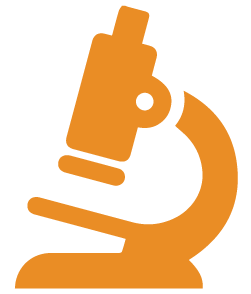This website uses cookies to ensure you get the best experience on our website.
- Table of Contents
1 Citations
2 Citations 3 Q&As
Facts about Atypical chemokine receptor 3.
Chemokine binding doesn't trigger G-protein- mediated signal transduction but instead induces beta-arrestin recruitment, resulting in ligand internalization and activation of MAPK signaling pathway. Required for regulation of CXCR4 protein levels in migrating interneurons, thereby adapting their chemokine responsiveness.
| Mouse | |
|---|---|
| Gene Name: | Ackr3 |
| Uniprot: | P56485 |
| Entrez: | 12778 |

| Belongs to: |
|---|
| G-protein coupled receptor 1 family |

ACKR3; chemokine (C-X-C motif) receptor 7; Chemokine orphan receptor 1CMKOR1C-X-C chemokine receptor type 7; CMKOR1; CXCR7; CXC-R7; CXCR-7; G protein-coupled receptor; GPR159; GPR159G-protein coupled receptor 159; RDC-1; RDC1G-protein coupled receptor RDC1 homolog
Mass (kDA):
41.636 kDA

| Mouse | |
|---|---|
| Location: | 1 D|1 45.28 cM |
| Sequence: | 1; |
Not detected in blood, liver, lung and heart, but high expression detected in several tumor cell lines (at protein level). Expressed in heart, spleen, kidney, lung, ovary, brain, testis, astrocytes, neutrophils and B-lymphocytes.




PMID: 9510554 by Heesen M., et al. Cloning and chromosomal mapping of an orphan chemokine receptor: mouse RDC1.
PMID: 16940167 by Burns J.M., et al. A novel chemokine receptor for SDF-1 and I-TAC involved in cell survival, cell adhesion, and tumor development.
*More publications can be found for each product on its corresponding product page